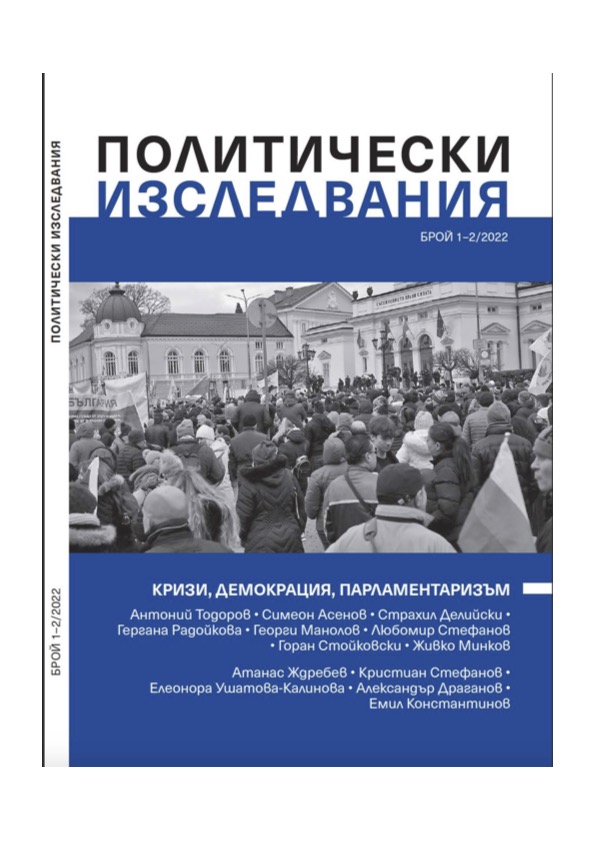Трети в игра за двама: ролята на малките партии в изборите за президент на САЩ през 2016 и 2020 година
Third in a Game For Two: The Role of Minor Parties in the 2016 and 2020 US Presidential Elections
Author(s): Alexander DraganovSubject(s): Politics / Political Sciences, Political Sciences
Published by: Българска асоциация за политически науки - БАПН
Keywords: parties; elections; president; swing states; Electoral College
Summary/Abstract: This article examines the role small parties played in the 2016 and 2020 US presidential elections. The aim is to test whether the results of small parties in key states have influenced the final outcome of the race. The assumption is that in the presence of marginal differences between the candidates of the main political forces, the emergence of a third and fourth candidate may be key to determining the ultimate winner.The object of the study are the major small parties in the United States, and the subject is their performance in the last two presidential elections in 2016 and 2020. The article analyzes the results of the so-called swing states – the keystates that, due to the electoral system in the United States, play a dispropor- tionate role in determining the winner. For this purpose, official election results are used, focusing on the states of Michigan, Pennsylvania, Wisconsin, Flori- da and Nevada, and comparing the achievements of the Libertarian and Green parties and the difference between the main candidates for Democrats and Republicans. The positioning of the small parties in the political spectrum and the extent to which they could have harmed the electorate of the ideologically closer large parties, thus tilting the elections in one direction or another, are considered. The coverage of the results of the small parties in the mainstream media is reviewed.It is concluded that the US electoral system does not give the small parties a chance for ultimate success in the presidential election, but again, due to the specifics of the Electoral College, their slightly higher result can be interpreted as detrimental to a major political force. The question remains whether the vot- ers of the Libertarian and Green parties would actually support Republicans or Democrats, respectively, since they did not do so even in the face of growing polarization.
Journal: Политически изследвания
- Issue Year: 1/2022
- Issue No: 1-2
- Page Range: 160-177
- Page Count: 17
- Language: Bulgarian
- Content File-PDF

